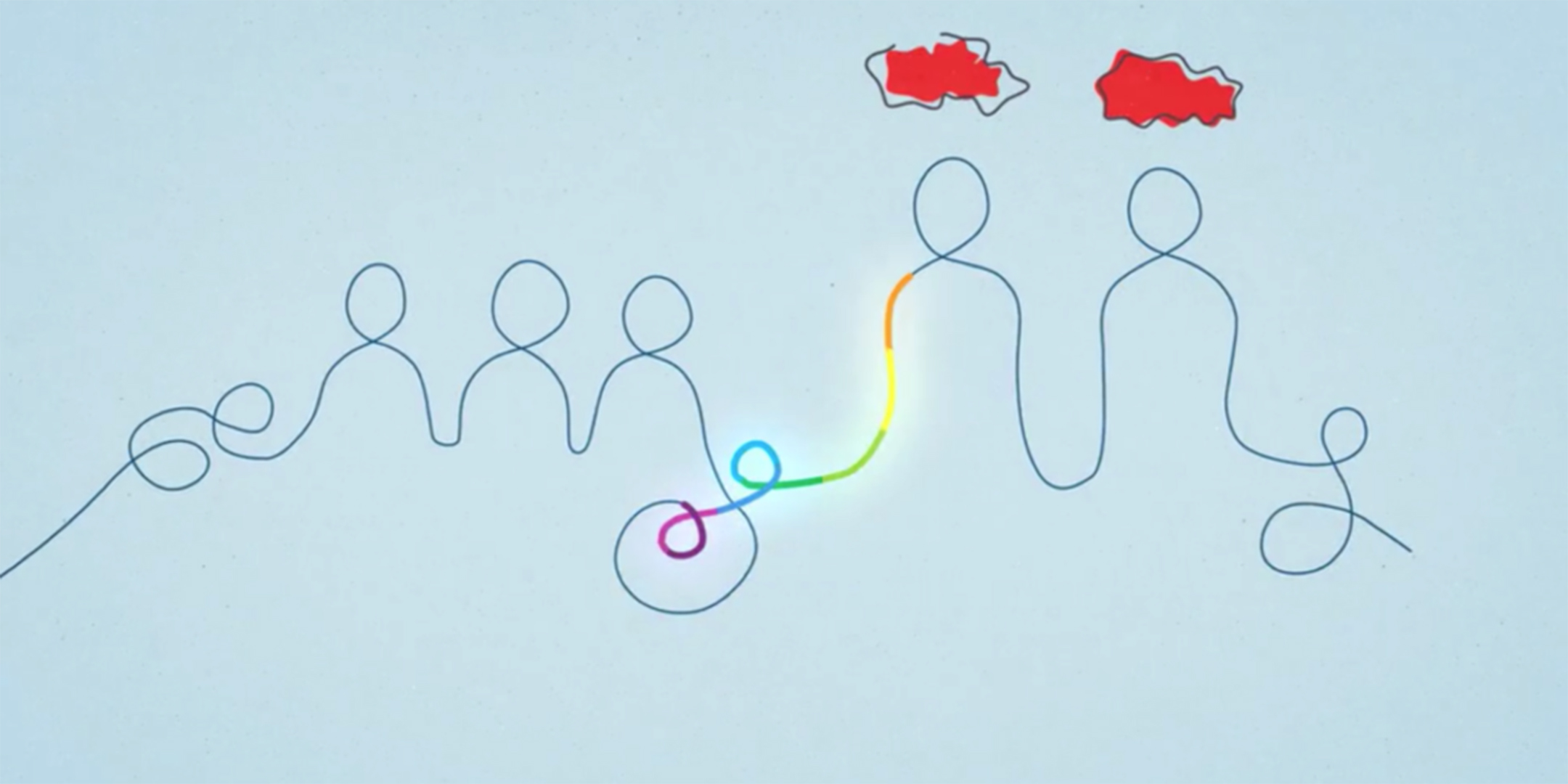The Seven Powers for Conscious Adults
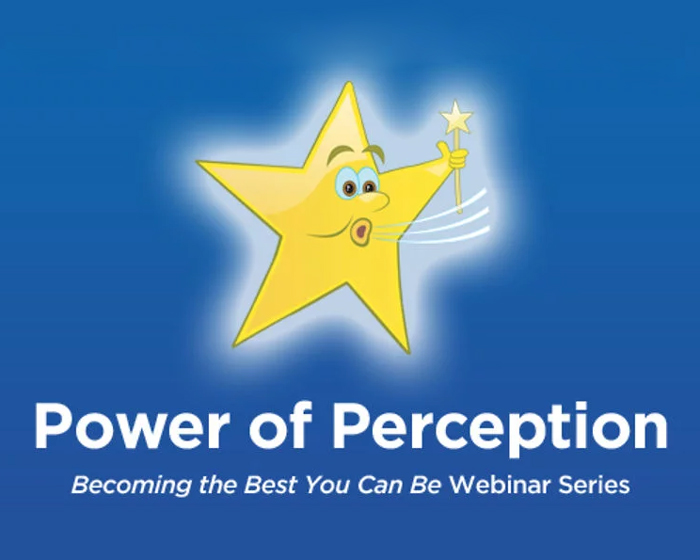
Power of Perception
BIG IDEA:
No one can make you angry without your permission.
GOAL: To teach adults and children to take responsibility for our own upset.
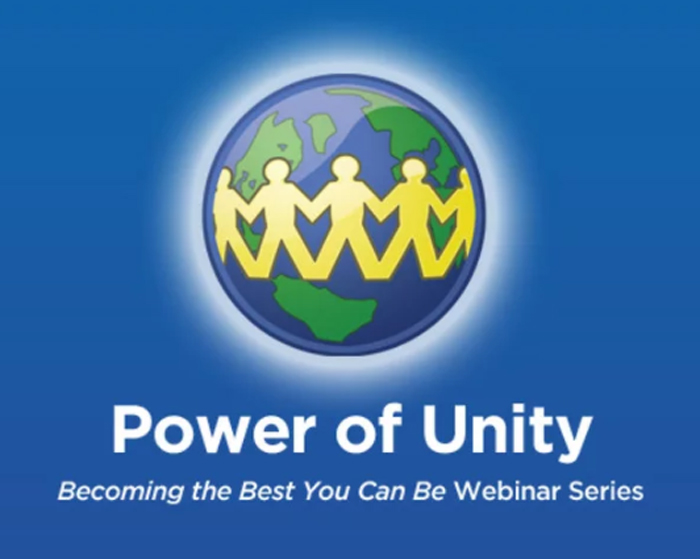
Power of Unity
BIG IDEA:
We are all in this together.
GOAL: To perceive compassionately, and offer compassion to others and to ourselves.

Power of Attention
BIG IDEA:
Whatever we focus on, we get more of.
GOAL: To create images of expected behavior in a child’s brain.

Power of Free Will
BIG IDEA:
The only person you can change is you.
GOAL: Learning to connect and guide instead of force and coerce.
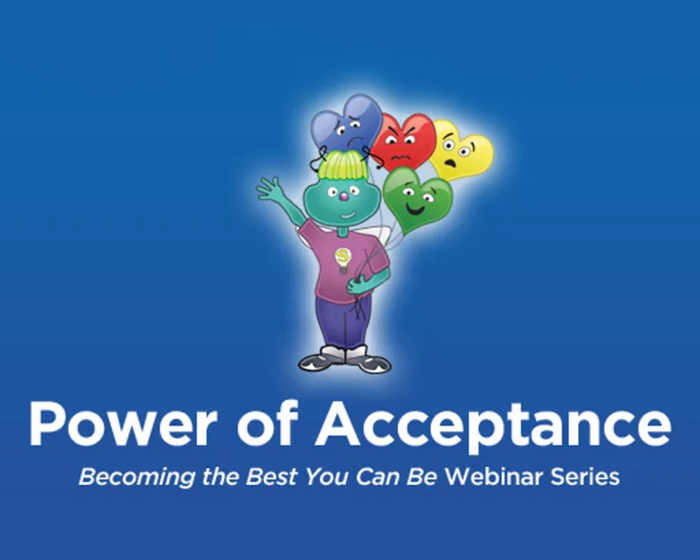
Power of Acceptance
BIG IDEA:
The moment is as it is.
GOAL: To learn to respond to what life offers instead of attempting to make the world go our way.

Power of Love
BIG IDEA:
Choose to see the best in others.
GOAL: Seeing the best in others keeps us in the higher centers of our brain so we can consciously respond instead of unconsciously react to life events.
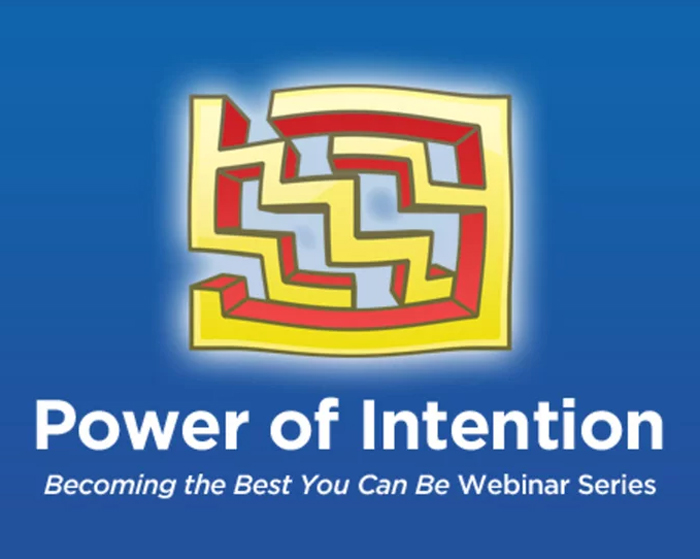
Power of Intention
BIG IDEA:
Mistakes are opportunities to learn.
GOAL: To teach a new skill rather than punishing others for lacking skills we think they should possess by now.
The Foundation of Safety
Becoming conscious of hurtful patterns and the willingness to change those patterns is the greatest gift we can give children. Becoming conscious allows us to access our own wisdom and remain calm in the face of antagonism and disorder. It is the foundation of choice and change.
Self-Regulation: Managing our own thoughts, feelings and actions – is the cornerstone of a successful life.
The “conscious” part of Conscious Discipline is based on consciousness and mindfulness research, and consists of seven powers. The Seven Powers for Conscious Adults empower us to self-regulate. The Seven Powers for Conscious Adults create long-term, lasting success by guiding us to become conscious, present, attuned and responsive to the needs of ourselves and children.
The seven powers provide a foundation that facilitates our access to the integrated executive brain state where all higher-order thinking occurs. From this state, we can override impulsive and reactive tendencies. Any classroom management or discipline system that fails to address the conscious awareness and emotional intelligence of the adult is ultimately doomed. The Seven Powers for Conscious Adults create long-term, lasting success by guiding us to become conscious, present, attuned and responsive to the needs of ourselves and children.
More Conscious Discipline Methodology
Brain State Model
The Conscious Discipline Brain State Model recognizes three basic brain / body / mind states that each carry a specific internal skill set.
Learn MoreSeven Skills
The Seven Skills of Discipline transform everyday discipline issues into teachable moments that develop social-emotional and communication skills.
Learn MoreSchool Family
The School Family increases connections between adults and children at all levels and learning. The School Family creates a positive culture and climate for optimal development and learning.
Learn MoreResearch
Learn more about the statistical findings, papers, assessments and research that support our evidence-based and trauma informed programs, structures and skills.
Learn More